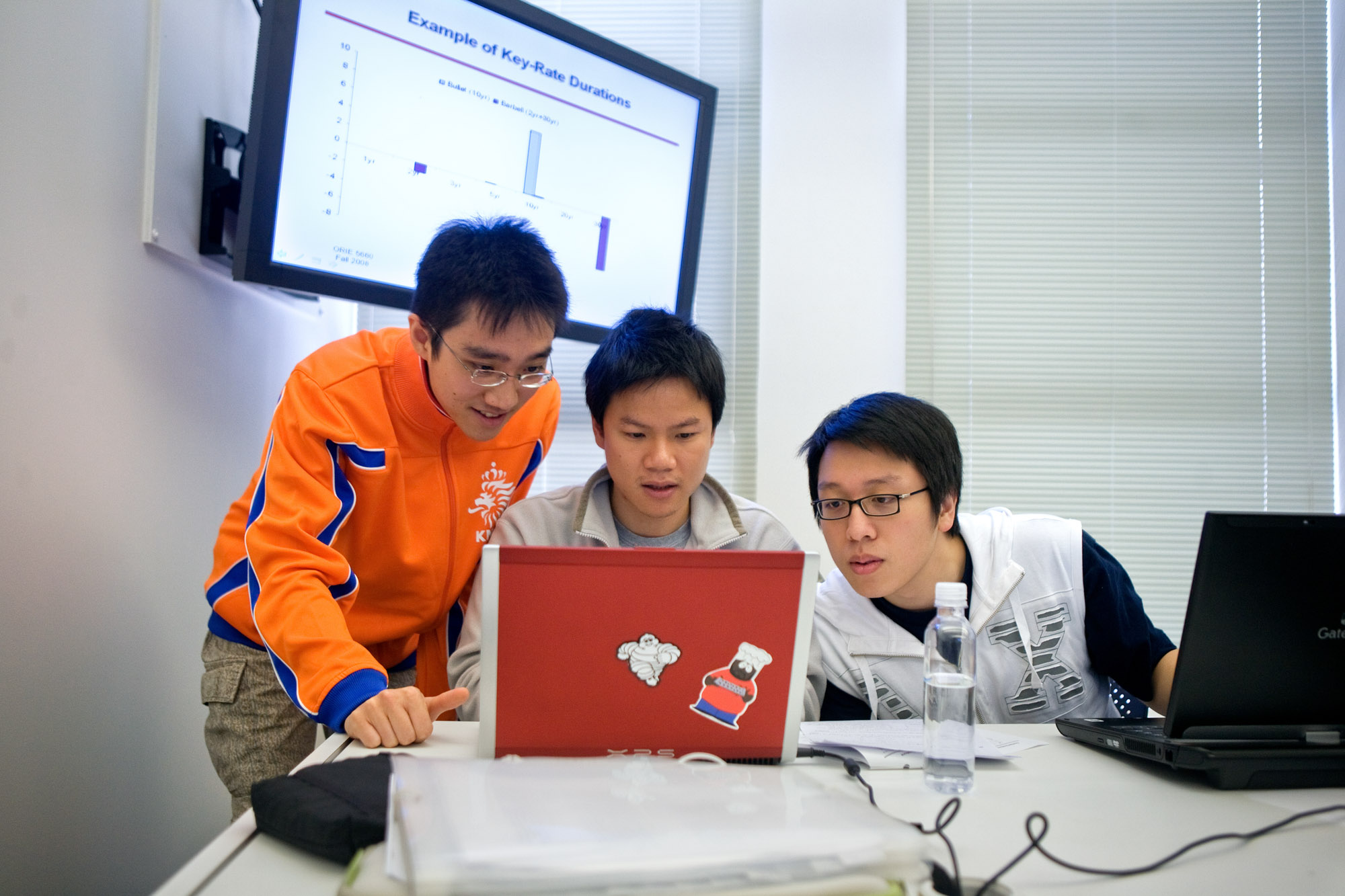We continue to attract gifted undergraduate and graduate students and powerhouse faculty who are drawn, certainly, by the reputation of the school but even more so by the opportunity to work with some of the brightest students and fellow faculty in the field.
Program Objectives and Outcomes
Students will be well grounded in the mathematical, engineering and modeling skills that are the basis for operations research, and they will be prepared to apply those skills to the efficient design, analysis, operation and control of complex systems.
The academic program will include:
-
One or more advanced courses on applications in: supply chain and manufacturing systems; data analysis; information engineering; financial engineering; or service systems.
-
A collaborative systems design experience.
-
Collaborative project experiences involving both written and oral presentations.
-
Courses with significant experiential learning components.
-
Experiences with identifying, accessing, evaluating, and interpreting information and data in support of assignments, projects or research.
-
Course experiences with large-scale datasets.
Learning Outcomes for Students
-
Proficiency with tools from optimization, probability, statistics, simulation, and engineering economic analysis, including fundamental applications of those tools in industry and the public sector in contexts involving uncertainty and scarce or expensive resources.
-
Facility with the design, implementation and analysis of computational experiments.
-
Facility with mathematical and computational modeling of real decision-making problems, including the use of modeling tools and computational tools, as well as analytic skills to evaluate the problems.
-
![ORIE Professor Mark Lewis seated in Rhodes Hall as two seated students talk.]()
Honors Program
The B.S. degree with honors is granted to engineering students who satisfy the requirements of the major and who also complete nine credit hours of academic work beyond the minimum required for the B.S. degree.
-
![Three students look at an open laptop computer whose screen is not visible.]()
Undergraduate Research
Most faculty advise undergraduate research. Students often present their research at Cornell and scientific meetings, and some become authors on scientific papers.
-
![Professor Kathryn Caggiano stands in front of a projected slide showing data as she speaks to a class.]()
Continuing to a Ph.D. Program
Pursuing a Ph.D. in operations research is an exciting, rewarding and challenging experience. The operations research and engineering major at Cornell can be tailored to prepare students for rigorous Ph.D. programs in operations research.
Ways to Use Your Degree:
-
Transportation
Optimize the operations of companies like Uber and Citi Bike.
-
Health Care
Enhance the organization of people, institutions, and resources to deliver essential services to target populations.
-
E-logistics
Consult with companies like Wayfair and Amazon to make the processes more effective.
-
Sharing Economy
Help shape new economic structures, including those made possible by the rise of artificial intelligence.
How to Affiliate
Students must be affiliated with a major by the beginning of their fifth semester.
-
Ready to Affiliate?
See Cornell Engineering’s Applying for a Major (Affiliation) page.
Contact
For detailed information about the undergraduate curriculum, refer to the Degree Requirements. For questions, please contact the undergraduate coordinator at orie-ug-support@cornell.edu
-
General
Rhodes Hall, Room 206
Cornell University
Ithaca, NY 14853-3801
607-255-4856
orie@cornell.edu -
Undergraduate program
607-254-8949
ORIE-UG-Support@Cornell.edu



